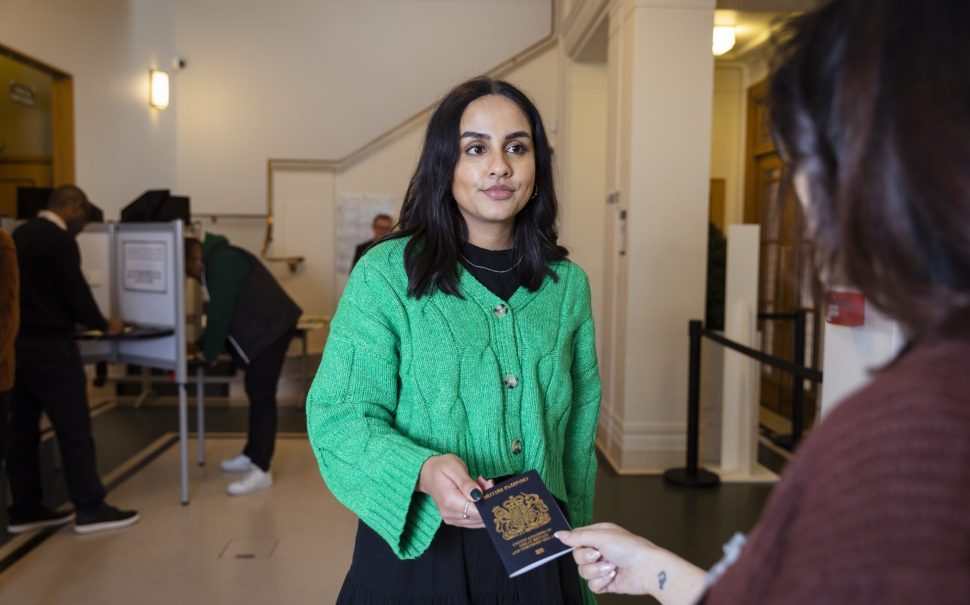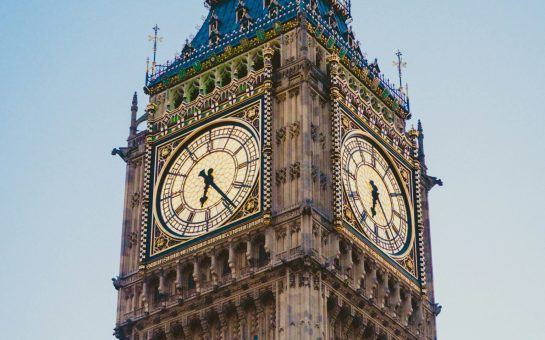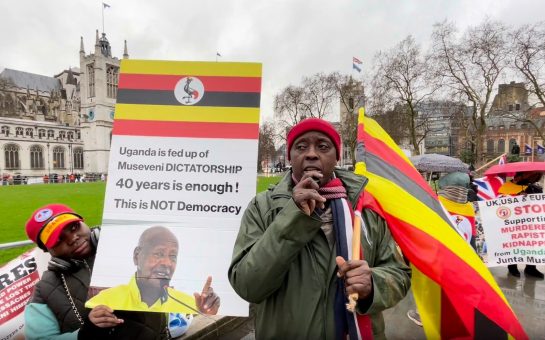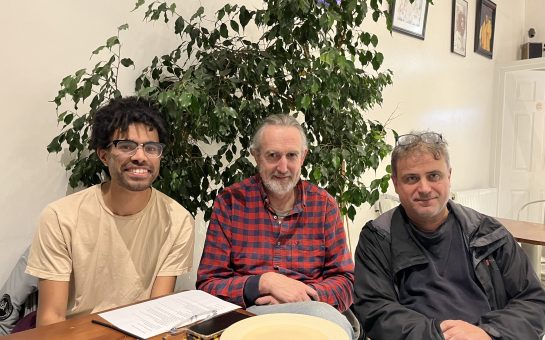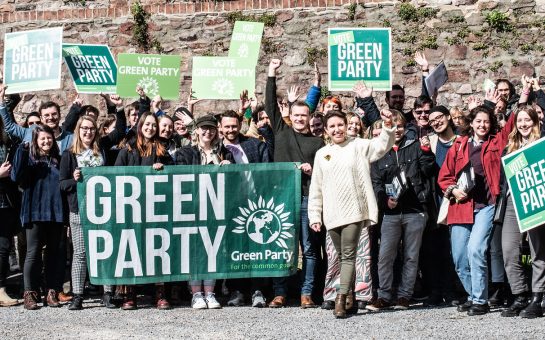New government voting regulations mean that this May’s local elections will be the first time voters will be required to present photo ID to vote at polling stations.
Since their introduction last year, the regulations have received significant opposition for being what many deem to be a ‘barrier to democracy‘.
The Lib Dems, Labour, and the Greens have strongly voiced their opposition, believing the regulations will suppress voters’ rights.
As well as this, research conducted by the Electoral Commission (TEC) has identified several groups likely to be disproportionately affected by the regulations due to the difficulties these groups face when acquiring one of the accepted forms of ID.
These include trans and non-binary people, people experiencing homelessness, and disabled voters among others.
Also according to TEC, public awareness of the regulations has yet to exceed 76%.
With the deadline for Voter Authority Certificates arriving tomorrow, fears over the harm the regulations may cause to voters’ ability to exercise their democratic rights are mounting.
What is the Electoral Commission doing to help?
Head of External Communications for TEC, Niki Nixon, said: “We’re running a big public information campaign.
“The campaign launched in January and it’s running in areas where there are elections in May.
“We’ve done some research into how that’s working and we know that awareness of voter ID requirements before the launch was at around 22%.”
Who stands to benefit from voter ID regulations?
Dr Ben Stanford is a senior lecturer at Liverpool John Moores University who specialises in Public Law and Human Rights.
He said: “The obvious answer as to who would benefit most would be the Conservative Party.
“There are suggestions that strict ID requirements may disproportionately impact voters who are less likely to vote for the Conservative Party.
“Statistics suggest that it is voters aged 45-54 and 55-64 who are most applying for the free Voter ID document.
“When we factor in the strict range of accepted IDs, which is seemingly not consistent between older and younger voters it is difficult to reject the argument it has been politically motivated.
“The lack of provisional voting and vouching is also significant.
“We can also look to the changes to the Electoral Commission which must now adhere to a mission statement drafted by the Government as evidence that recent reforms have been politically motivated.”
How will the regulations affect LGBTQ+ voters?
Justin Mahboubian-Jones is the Project and Development Manager at London-based LGBTQ+ charity, LGBT Hero.
He said: “Voter ID tends to affect minority groups more keenly.
“Young LGBTQ+ people are more likely to be homeless, more likely to face difficult living environments.
“We are still a disenfranchised community, a community facing a number of problems and your vote is probably the most important way you can make your voice heard in society and the idea that anyone could lose that is absolutely awful.”
Government guidelines for staff at polling stations have also sparked some contention for giving clerks the power to refuse to offer a ballot over ‘reasonable doubt’ as to whether the voter is whom they claim to be.
Mahboubian-Jones added: “We’ve been told explicitly that gender markers on ID are not anything they are looking to match and are not a valid reason for refusing ID, but beyond that phrase, ‘ reasonable doubt’, it’s not clarified.
“What may constitute reasonable doubt for one clerk may not constitute reasonable doubt for another.”
In a statement released by the Department of Levelling Up, Housing and Communities, Government minister Kemi Badenoch said: “Leading international election observers, the Electoral Commission, and the author of the 2016 report on electoral fraud, Sir (now Lord) Eric Pickles, all agree that there are potential vulnerabilities in our current system.
“That is why this government has committed to updating outdated security protections around identity at the polls and is introducing a requirement for voters to prove their identity at the polling station.
“Showing photographic identification is a reasonable and proportionate way to confirm that someone is who they say they are when voting, thus stamping out the potential for voter fraud to take place and giving electors the confidence that their vote is theirs and theirs alone.
“As we take decisive action against the potential fraud within the system, we will make sure that the efficiency and accessibility of the process is not compromised.”
Featured image courtesy of the Electoral Commission
